The Supreme Court of the United States released a decision blocking Gov. Cuomo from imposing strict attendance limits on New York City churches and synagogues to contain the spread of the coronavirus on Nov. 25.
The Roman Catholic Diocese of Brooklyn and Agudath Israel of America were the plaintiffs who sued Cuomo because they believed they were being unfairly and severely targeted by the limitations of the Cluster Action Initiative that placed them in red and orange zones. They said the orders violated their First Amendment rights of religious expression.
Gov. Cuomo released this initiative on Oct. 6, which introduced new restrictions and rules aimed towards reducing the COVID-19 infection rate by focusing on areas of NYC where cases had increased. The initiative categorized hotspots into three color zones: red, orange and yellow. In red zones, places of worship were limited to a maximum of 10 people and orange zones were limited to 25.
The court was split on the decision with a 5-4 vote. The three liberal Supreme Court justices Stephen G. Breyer, Elena Kagan and Sonia Sotomayor, cast the dissenting votes, while most of the conservative justices: Clarence Thomas, Samuel A. Alito, Jr., Neil M. Gorsuch, Brett M. Kavanaugh and Amy Coney Barrett, voted to block the restrictions. However, Chief Justice John Roberts, a conservative, sided with the liberals.
Justice Barrett casted her “first publicly discernable vote as a justice,” The Guardian reported. This vote was “pivotal,” because her vote helped the court “depart from past cases that deferred to state authorities on public-health measures,” the Wall Street Journal reported.
The plaintiffs argued that their restrictions were harsher because businesses deemed essential by the state, like grocery stores, are not subject to the same level of restrictions. This may imply that churches and synagogues consider themselves to be essential businesses too.
However, New York argued that they are already being lenient with houses of worship. The state specifically said that churches and synagogues are treated “more favorably than activities considered comparable, such as lectures, concerts, cinemas and sporting events, which are completely shut down in high-risk zones,” the Wall Street Journal said.
Some of the justices released their opinions on the case and the reasoning behind their choices. The decisions reflect that the justices were split. “Members of this Court are not public health experts, and we should respect the judgment of those with special expertise and responsibility in this area,” but “the restrictions at issue here, by effectively barring many from attending religious services, strike at the very heart of the First Amendment’s guarantee of religious liberty,” the decision said.
Some of the conservative justices disagreed with Cuomo’s restrictions because they felt New York has been extreme in their restrictions. “New York’s restrictions on houses of worship are much more severe than the California and Nevada restrictions…,” Justice Kavanaugh said.
Some of the conservative justices also believed that churches and synagogues have more importance than some of the other businesses that were allowed to stay open. In fact, “There is no world in which the Constitution tolerates color-coded executive edicts that reopen liquor stores and bike shops but shutter churches, synagogues, and mosques,” Justice Gorsuch said.
On the other hand, the liberal justices argued that the court should not interfere with public health authorities, the Wall Street Journal discusses. “The nature of the epidemic, the spikes, the uncertainties, and the need for quick action, taken together, mean that the State has countervailing arguments based upon health, safety, and administrative considerations…,” Justice Breyer wrote.
Gov. Cuomo responded to the Supreme Court opinions and ruling by calling them “irrelevant.” Since the plaintiffs are no longer in areas of high risk, “the zone that they were talking about has already been moot,” Gov. Cuomo claimed.
Additionally, Cuomo saw this case as an opportunity for the now conservative-leaning Supreme Court to “express its philosophy and politics,” he said in a press conference on Nov. 26.
Cuomo also said the ruling had no effect on the state’s virus control efforts.
Since being in the yellow zone, the plaintiffs have not challenged the restrictions. “This is an historic victory,” Avi Schick, an attorney for Agudath Israel of America, said per The Guardian.


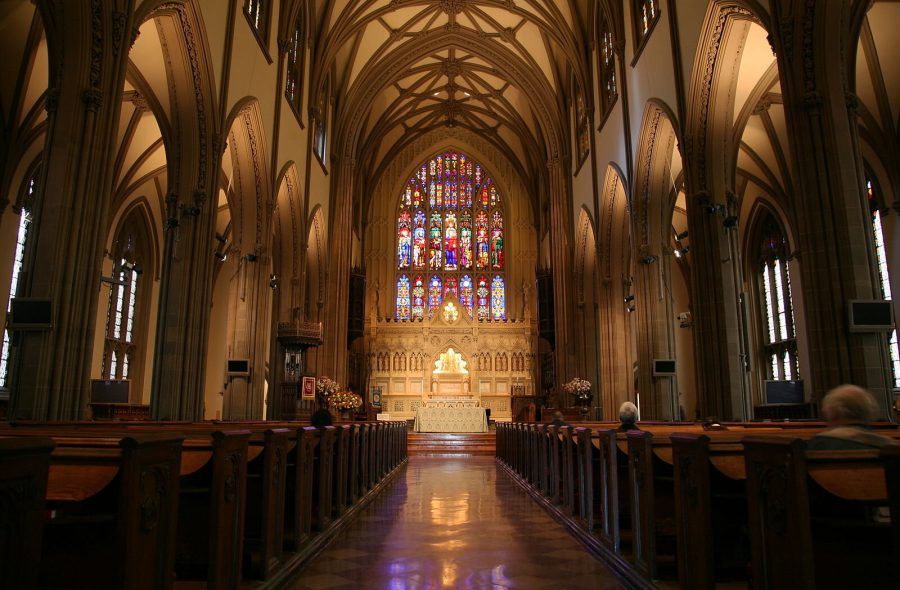
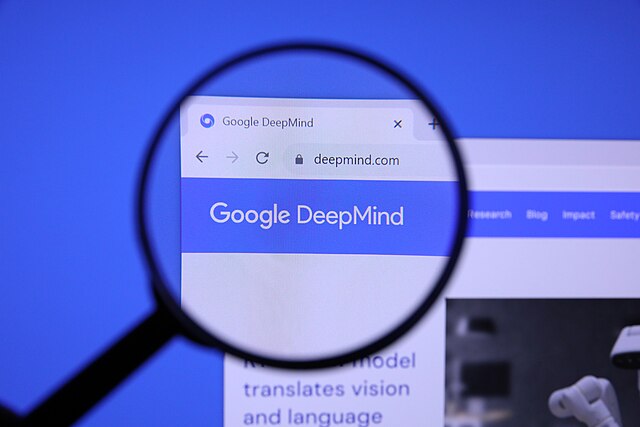
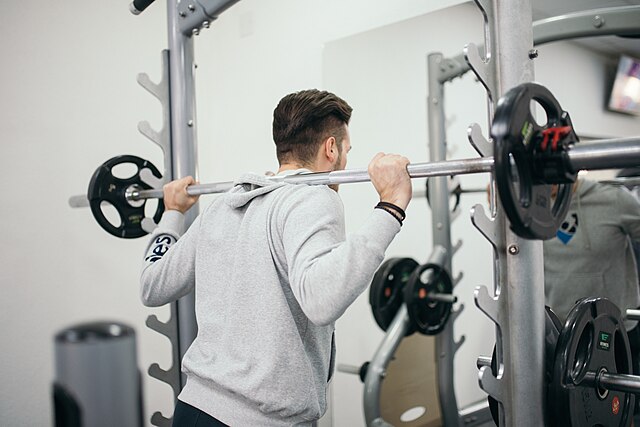
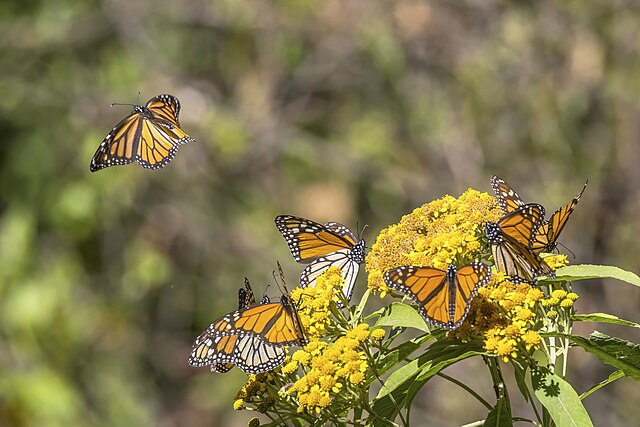
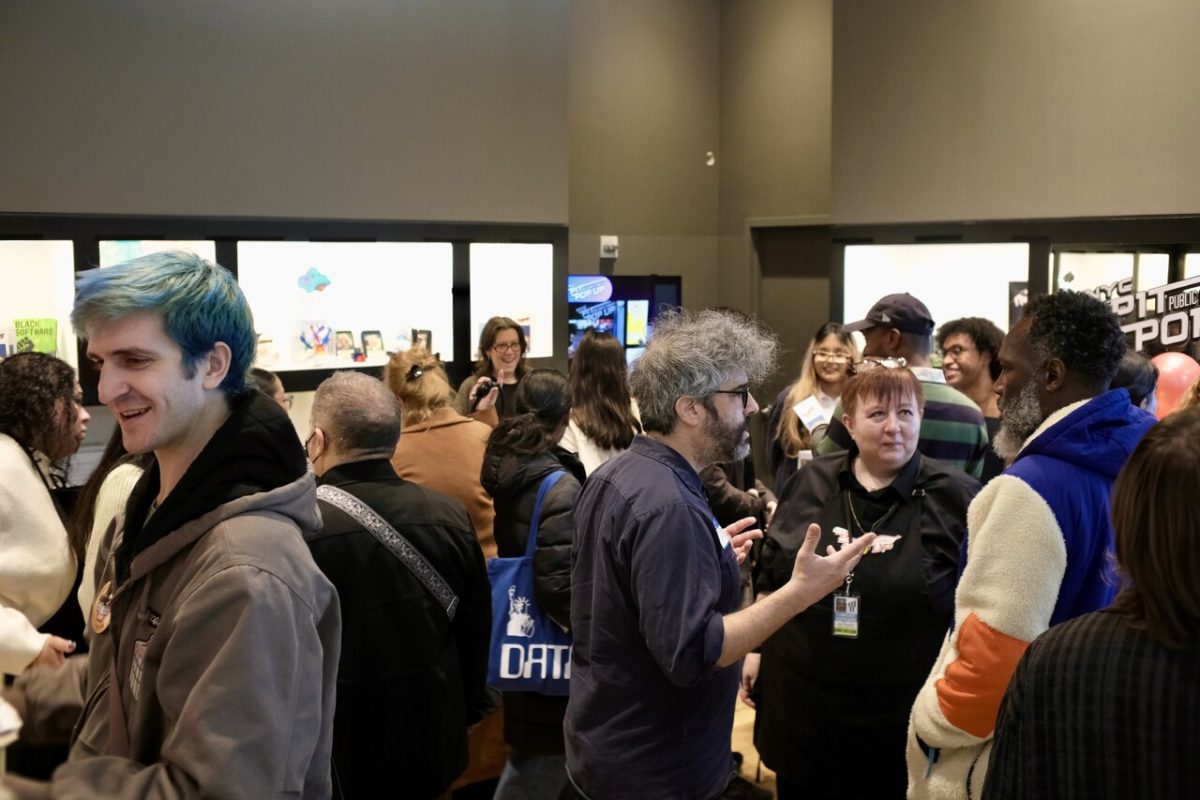

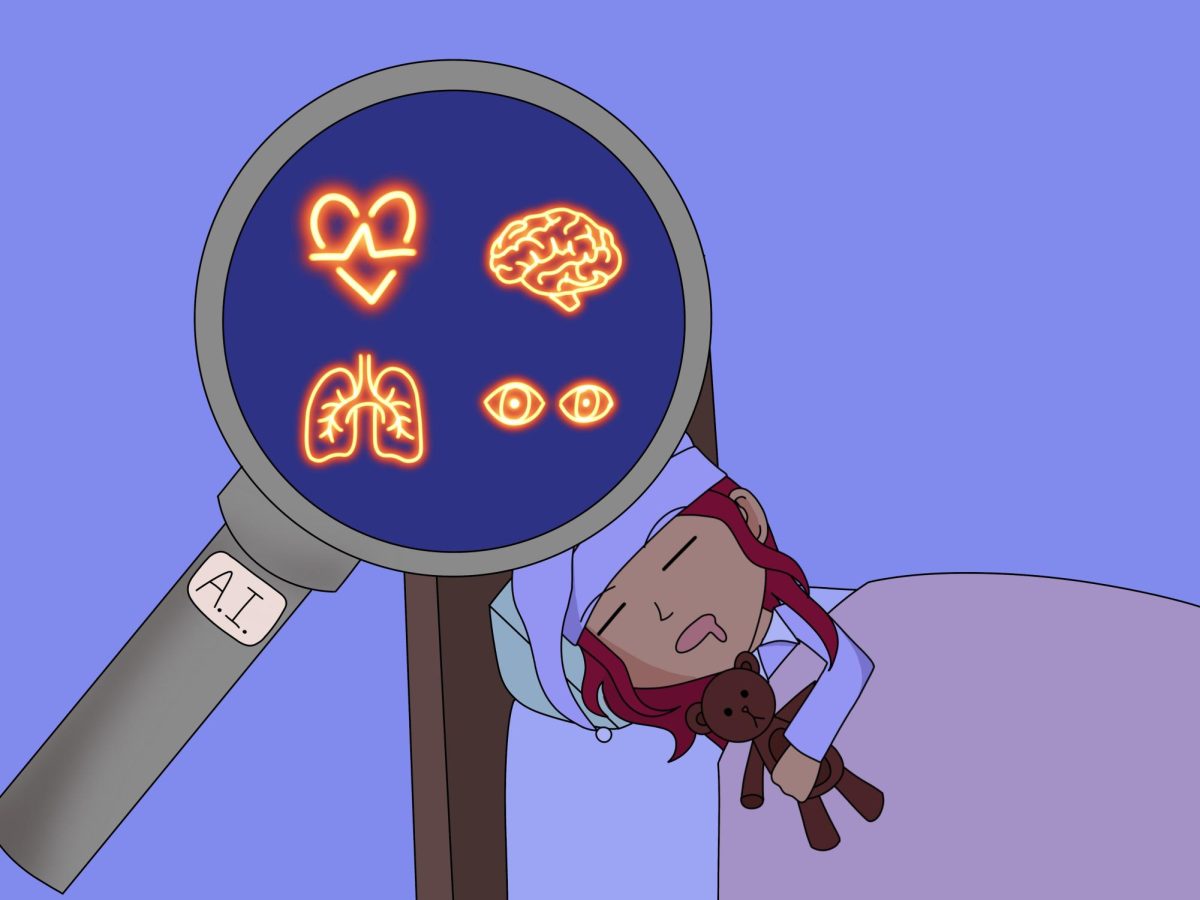
Tiverton Patrick McDowald • Dec 16, 2020 at 12:52 pm
I can’t understand the court’s intervention on the governor’s authority to protect his residents. They should have the authority to undermine his ability to act during a health emergency. If the situation gets critical should he defer costs and containment to the court . A note comparing religious services to food services is ridiculous, the governor must be able to protect all the citizens of his state.